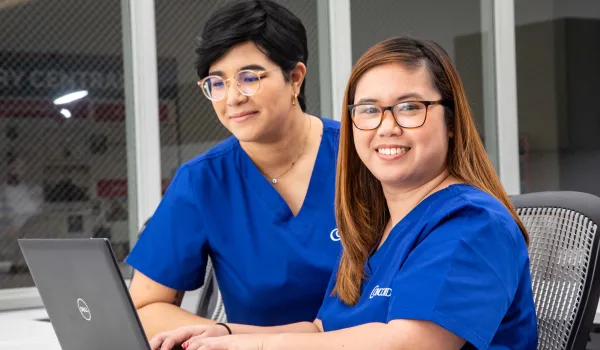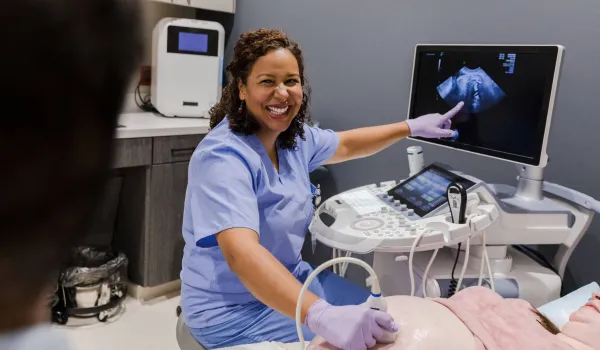
We want our Concorde students to learn as quickly and effectively as possible. A big step in that direction is learning how to read course material as quickly as possible while retaining the information that will help successfully get you through health care career school.
Forgetting is a human phenomenon. A lot of people won't admit to it, but nearly everyone forgets. That doesn't mean you have to accept defeat in this area, however. There are plenty of simple, creative strategies for reading faster and retaining more information, whether it's novels, news articles or health care career school textbooks.
Business Insider magazine recently conducted a survey and scoured web sources for basic, practical reading and memorizing techniques. Read them carefully... and then try to remember what you read an hour from now.
8 tricks for remembering everything you read
- Take notes on the page. "Never read without a pencil," said Quora user Deniz Ates. "Underline sentences you find confusing, interesting or important. Draw lines along the side of important paragraphs. Draw diagrams to see the structure of key ideas."
- Ask yourself questions about the material. Ask yourself questions as you go along, such as, "What is the main idea of this section?"
- Skim the text first. Skim the text for important topics and keywords beforehand so you know what to expect when you actually dig into the material.
- Impress, associate, repeat. Impression - picture the situation in your mind or envision yourself participating in the scenario; Association - link the material to something you already know; Repetition - the more you read the material, the easier it'll be to remember it.
- Introduce information to others. If you want to remember what you experience, do something with that information.
- Read out loud. The sentences you speak out loud take on a distinctiveness. You remember producing and hearing items and so your memory for them is different from the memory of the words you read silently.
- Read on paper. E-readers are convenient, but research suggests that they also could undermine the strength of your memories. One study found that paper readers especially were more able to remember a story's chronology.
- Become familiar with the topic first. "The more you understand about a particular subject," writes blogger Ryan Battles, "the more 'hooks' keep the facts in there." You're able to make more associations between new information and what you already know. You can even start by reading a Wikipedia article on the subject as preparation.
Learn well at your Health Care Career School
So, there you have it. Next time you're reading new material for one of your health care career school courses or studying for a big exam, give some of these tips a try. You might just find that, not only do you remember, but you can save some valuable time. Good luck with your learning!
Take The Next Step Towards a Brighter Future
We have a Concorde representative ready to talk about what matters most to you. Get answers about start dates, curriculum, financial aid, scholarships and more!




